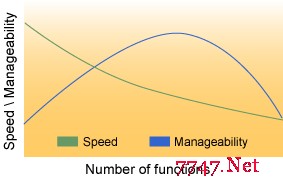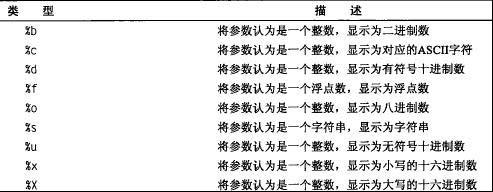检索数据
如前所述,模型层的一个角色是从多种存储中获取数据。 CakePHP 模型类带有很多功能,帮助你搜索这些数据,排序,分页并且进行过滤。你将要使用的很多功能集成于模型的 Model::find()
find
find(string $type = 'first', array $params = array())
Find 是所有模型数据检索功能的主力。 $type 可以是 'all', 'first', 'count', 'list', 'neighbors', 'threaded'或者任何自定义查找类型。 切记,$type 是区分大小写的。 使用大写字母(例如 All)将得不到期望的结果。
$params 用于向不同的 find 传递所有的参数,其默认有如下的键值 - 每一个都是可选的:
1 array(
2 'conditions' => array('Model.field' => $thisValue), //array of conditions
3 'recursive' => 1, //int
4 'fields' => array('Model.field1', 'DISTINCT Model.field2'), //array of field names
5 'order' => array('Model.created', 'Model.field3 DESC'), //string or array defining order
6 'group' => array('Model.field'), //fields to GROUP BY
7 'limit' => n, //int
8 'page' => n, //int
9 'offset' => n, //int
10 'callbacks' => true //other possible values are false, 'before', 'after'
11 )
也可以添加和使用其它的参数,提供给一些查找类型、行为以及你自己的模型方法。
find(‘first’)
find('first', $params) 返回一个结果,你可以在任何期望获得一个结果的情况下使用它。 下面是几个简单的(控制器代码)示例:
1 public function some_function() {
2 // ...
3 $semiRandomArticle = $this->Article->find('first');
4 $lastCreated = $this->Article->find('first', array(
5 'order' => array('Article.created' => 'desc')
6 ));
7 $specificallyThisOne = $this->Article->find('first', array(
8 'conditions' => array('Article.id' => 1)
9 ));
10 // ...
11 }
在第一个示例中,没有向 find 传递任何参数 - 所以没有任何条件和排序。这种形式的 find('first') 调用返回的格式如下:
1 Array
2 (
3 [ModelName] => Array
4 (
5 [id] => 83
6 [field1] => value1
7 [field2] => value2
8 [field3] => value3
9 )
10
11 [AssociatedModelName] => Array
12 (
13 [id] => 1
14 [field1] => value1
15 [field2] => value2
16 [field3] => value3
17 )
18 )
find(‘count’)
find('count', $params) 返回一个整数值。下面是几个简单的(控制器代码)示例:
1 public function some_function() {
2 // ...
3 $total = $this->Article->find('count');
4 $pending = $this->Article->find('count', array(
5 'conditions' => array('Article.status' => 'pending')
6 ));
7 $authors = $this->Article->User->find('count');
8 $publishedAuthors = $this->Article->find('count', array(
9 'fields' => 'DISTINCT Article.user_id',
10 'conditions' => array('Article.status !=' => 'pending')
11 ));
12 // ...
13 }
注解
不要向 find('count') 传递 fields 数组。你只能为 DISTINCE count 指定列(其它情况下,计数结果总是相同的 - 仅取决于条件)。
find(‘all’)
find('all', $params) 返回一个数组(可能有多个)结果。
实际上,它是全部 find() 的变体(包括分页)。下面是几个简单的(控制器代码)示例:
1 public function some_function() {
2 // ...
3 $allArticles = $this->Article->find('all');
4 $pending = $this->Article->find('all', array(
5 'conditions' => array('Article.status' => 'pending')
6 ));
7 $allAuthors = $this->Article->User->find('all');
8 $allPublishedAuthors = $this->Article->User->find('all', array(
9 'conditions' => array('Article.status !=' => 'pending')
10 ));
11 // ...
12 }
注解
上面的例子中, $allAuthors 将包含 users 表的每个用户。没有要应用的条件被传递给那个 find。
调用 find('all') 的结果格式如下:
1 Array
2 (
3 [0] => Array
4 (
5 [ModelName] => Array
6 (
7 [id] => 83
8 [field1] => value1
9 [field2] => value2
10 [field3] => value3
11 )
12
13 [AssociatedModelName] => Array
14 (
15 [id] => 1
16 [field1] => value1
17 [field2] => value2
18 [field3] => value3





